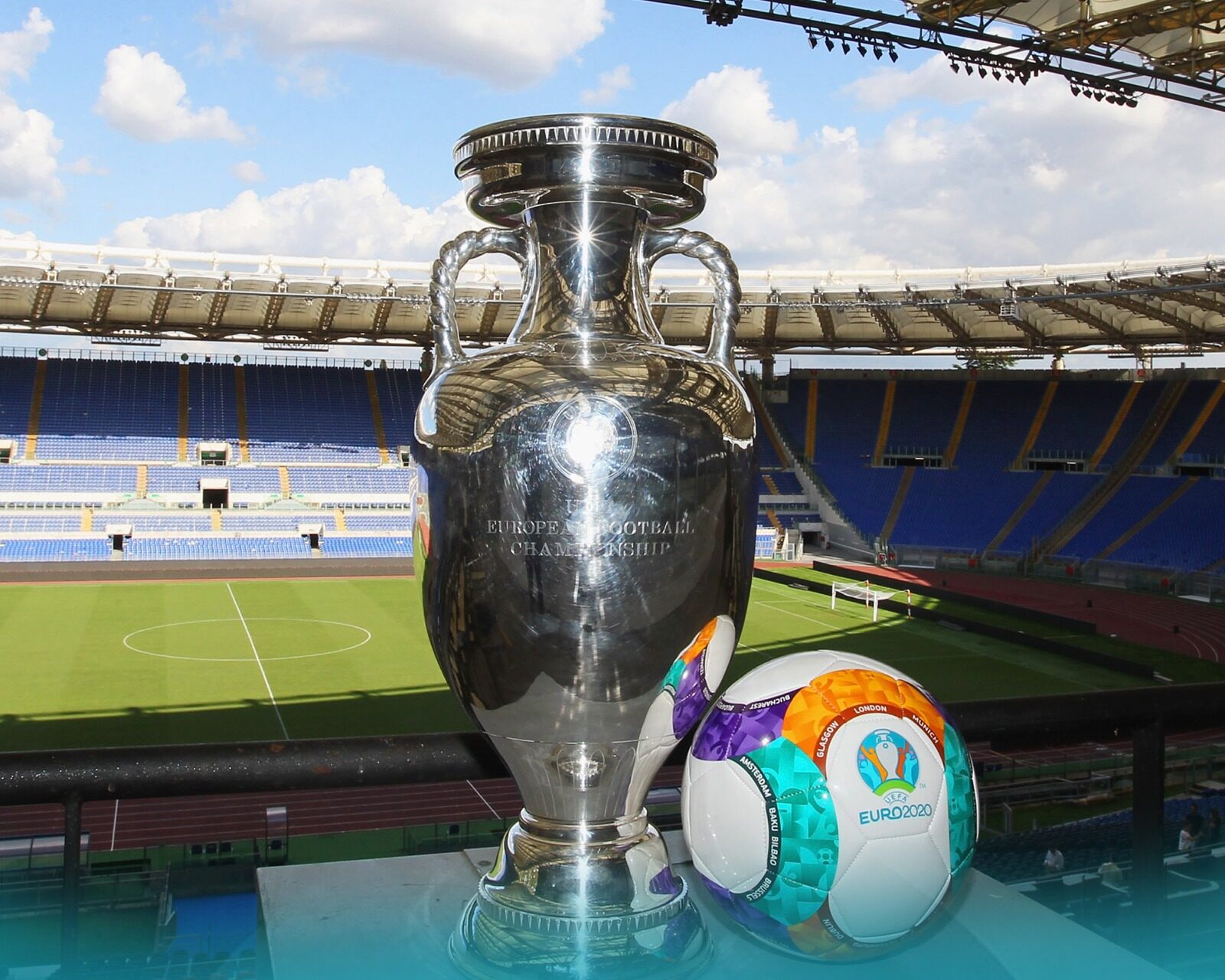England-Italy, too much politics and too little football at the Europeans?

Not just football at the European Championships. Italics by Daniele Meloni for Atlantico Quotidiano
Last week's issue of UK magazine The Economist contained a front-page reminder of the ongoing European football championship and defined football as "politics by other means". Already. Because never as this time the continental review has taken such a blatant politicization: from the uniforms of the Ukrainian national team depicting Crimea, to the cloying diatribe on footballers on their knees to support the Black Lives Matter, passing through impossible references to socio-football on Brexit, the multi-ethnic nationals versus mono-ethnic ones and so on.
It has not yet been understood whether football has become politicized or politics has become footballed (just look at the images of political leaders who exploit the successes of their respective national teams on social networks).
Of course, football is a victim of its global success and for this reason it is considered a fundamental propaganda vehicle for politics, especially in an era in which nobody wants to hear about politique-politicoenne. The Economist editorial highlighted the disqualification of Austrian footballer of Serbian origin Marko Arnautovic, guilty of insulting a colleague from North Macedonia, and focused on football clashes in the Balkans. Zvonimir Boban's famous kick against a Serbian policeman was famous during a match during the years when the former Yugoslavia was crumbling.
However, looking at the history of national football events, one cannot fail to note that once it was military or undemocratic regimes that gave a markedly political aspect to them. The Argentina '78 World Cup was the apogee of this way of understanding sport. While the opponents of the Videla junta were tortured at the Escuela de Mecanica, just under a kilometer away, Argentina led by Videliano Daniel Passerella raised the world cup right in front of the dictator himself at the Monumental stadium. To do so, she needed a resounding 6-0 in the match against Peru, which allowed her to overtake by goal difference.
Not that politics and sport have remained two separate worlds even in the West, but never as at Euro2020 has the extent of politicization been so evident. So evident that even sports results are overshadowed. Before Italy-Belgium, no one put Mancini's choices in the foreground in the initial formation but it was all an empty social-media chatter on whether or not to support Black Lives Matter with accusations of racism and anti-racism on both fronts.
Then came the analyzes of the engagé newspapers on Italy-Spain with lots of stories about the Spanish civil war and the role of fascists and communists in the fighting. No one has dealt with the duel in midfield between Barella and Pedri. And in these days who knows what we will hear before the final between England and Italy on Sunday. Boris Johnson himself showed he knew how to ride the wave of football politics by opposing the Super League project in April after having found the opposition of the overwhelming majority of English fans.
Perhaps, this invasion of politics in football even in Western democracies is inevitable given the current times. The parties and their leaders find it increasingly difficult to communicate a purely political and structured message to the masses and take every opportunity to re-tie the threads of an increasingly frayed, iridescent and emotional consensus.
What is certain is that political football is destined to last. The more the democracies' consensus crisis lasts, the more other expedients will be found to compact the people through other forms of involvement in society: and then influencers, footballers and TV personalities become the privileged tool to engage those who otherwise would have no political reference . The Economist is right : football is politics by other means now. For the effects of this new phase on society, politics and sport, an appointment in 20 years.
This is a machine translation from Italian language of a post published on Start Magazine at the URL https://www.startmag.it/mondo/inghilterra-italia-troppa-politica-e-poco-pallone-agli-europei/ on Sun, 11 Jul 2021 05:00:42 +0000.
